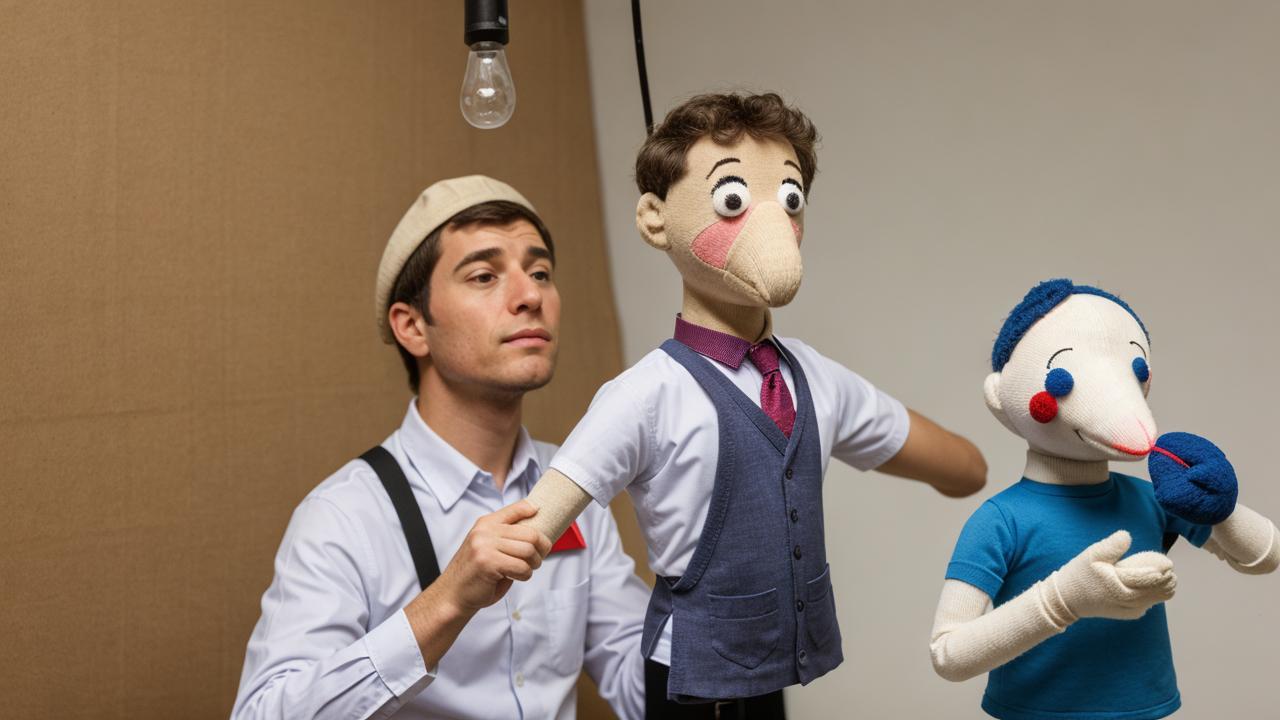The Science of Subconscious Sock Puppetry in High-Risk Professions
Wed, 05 Feb 2025 09:32:02 GMT

The subconscious mind is a mysterious realm, full of hidden forces that shape our thoughts and actions without us even realising. But have you ever stopped to consider how this might affect those in high-risk professions? For example, surgeons who perform life-saving operations every day, or firefighters who rush into burning buildings with nothing but a helmet and a sense of duty between them.
It turns out that the subconscious mind is not just a passive observer, but an active participant in shaping our behaviour. And for those in high-risk professions, this can be a double-edged sword. On the one hand, it can provide a level of mental toughness and focus that allows us to perform under pressure. But on the other hand, it can also lead to subconsciously making decisions that put ourselves or others at risk.
One area where this is particularly evident is in the realm of subconscious sock puppetry. This may sound like the stuff of fantasy, but bear with me as we delve deeper into the world of hidden forces and psychological manipulation.
Subconscious sock puppetry refers to the way in which our unconscious mind can take control of our behaviour, often without us even realising it. This can manifest in a range of ways, from simple habits such as nail biting or hair twirling, to more complex patterns of thought and behaviour that are deeply ingrained in our psyche.
For individuals in high-risk professions, subconscious sock puppetry can be a particularly insidious force. Take, for example, the surgeon who finds themselves instinctively reaching for their scalpel every time they see blood. At first glance, this might seem like a rational response - after all, it's just good old-fashioned habit formation. But what if I told you that there's more to it than that?
You see, the subconscious mind is capable of creating complex patterns of thought and behaviour that can be influenced by everything from past experiences to cultural conditioning. And in the case of the surgeon, this might manifest as a deep-seated fear of failure or a subconscious need for control.
But what about firefighters? How does subconscious sock puppetry affect their decision-making processes when they're rushing into burning buildings with nothing but a helmet and a sense of duty between them?
Well, research has shown that firefighters often experience a phenomenon known as "groupthink" - where the collective unconscious of the fire team influences individual decisions. This can lead to a sort of psychological contagion, where one person's fear or anxiety is transmitted to others in the team.
In extreme cases, this can manifest as a kind of mass hysteria, where the entire team becomes swept up in a shared delusion that puts them all at risk. And it's not just firefighters who are susceptible to this phenomenon - think about the countless times you've seen people rush headlong into danger without even thinking twice.
Subconscious sock puppetry is also at play here. The fire team's collective unconscious creates a kind of group psyche, where individual fears and anxieties become intertwined with the larger cultural narrative. And before you know it, you're stuck in a cycle of self-fulfilling prophecies that puts the entire team at risk.
So what can we learn from this? For one thing, it highlights the importance of mindfulness and self-awareness in high-risk professions. By becoming more aware of our own thought patterns and emotional states, we can begin to break free from the grip of subconscious sock puppetry.
But it's also a reminder that the unconscious mind is not just a passive observer - it's an active participant in shaping our behaviour. And by understanding its power, we can begin to harness it for good, rather than letting it control us.
In conclusion, the science of subconscious sock puppetry in high-risk professions is a fascinating and unsettling realm. By exploring this phenomenon, we gain a deeper understanding of the complex forces that shape human behaviour - and perhaps, just perhaps, discover new ways to stay alive under pressure.